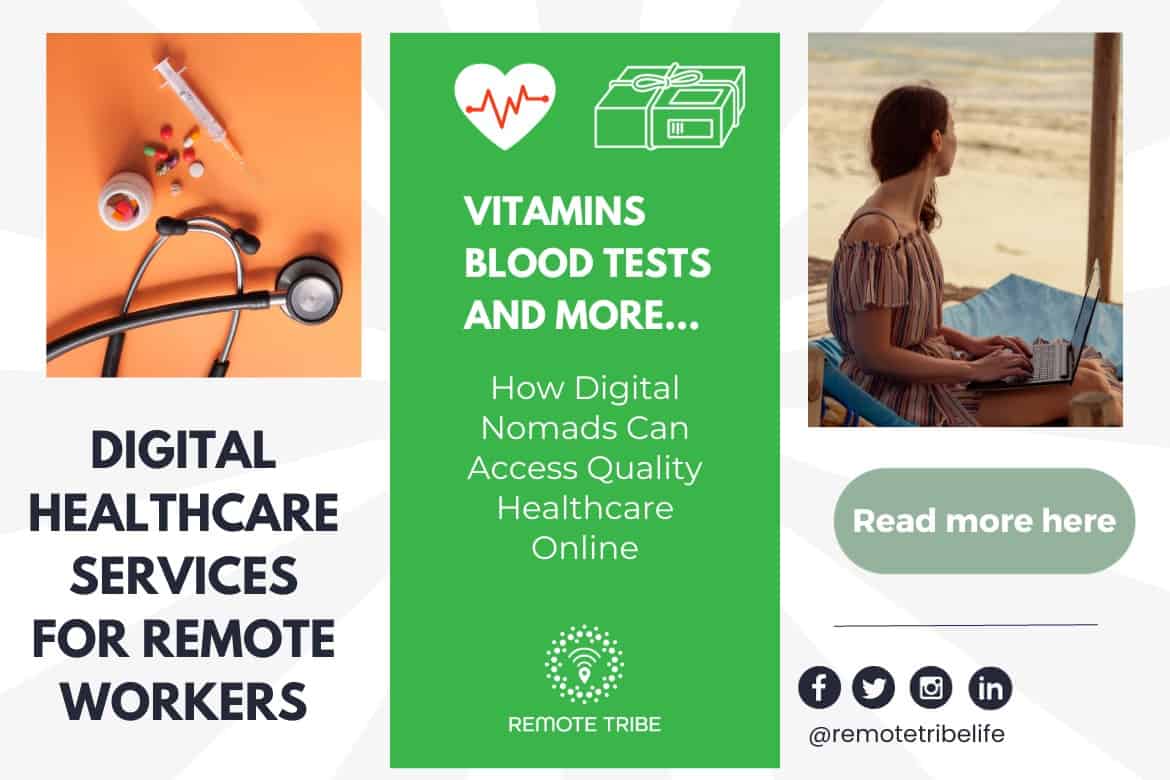Understanding the Price Savings of Subscription Based Healthcare for Families
Understanding the Price Savings of Subscription Based Healthcare for Families
Blog Article
The Increase of Subscription-Based Healthcare and Its Influence On Individual Care
As healthcare evolves, the subscription-based model is getting grip, promising to revolutionize individual treatment by supplying predictability and access. The potential for these versions to reshape health care shipment elevates pushing inquiries about their long-lasting sustainability and inclusivity. Are these subscription solutions the future of health care, or do they run the risk of leaving at risk populations behind?
Comprehending Registration Health Care Models
Comprehending the concept of registration health care designs includes examining a transformative method to clinical solutions that stresses cost and accessibility. These versions, typically referred to as straight medical care (DPC) or attendant medicine, have actually become ingenious choices to standard fee-for-service healthcare systems. Registration healthcare permits people to pay a fixed monthly or annual fee for a specified set of clinical solutions, which may include unrestricted office visits, regular examinations, and standard laboratory tests, without the requirement for conventional insurance coverage invoicing.
The structure of membership healthcare designs is made to improve client treatment by eliminating third-party payers and intricate invoicing codes, therefore reducing administrative problems. Doctor can concentrate more on patient care, cultivating stronger patient-provider relationships. This model likewise advertises preventative treatment by encouraging routine gos to, as the financial barrier of per-visit charges is eliminated.
The membership model often encourages medical care service providers to manage smaller individual panels, permitting more personalized care. It aligns economic incentives with individual health and wellness results, as service providers are inspired to preserve patient contentment and health. In general, recognizing membership medical care versions calls for recognizing their prospective to reshape how care is delivered and accessed.
Advantages for Carriers and patients

With a consistent income stream, health care experts can dedicate more time to each patient, leading to an extra personalized and extensive care experience. The emphasis on preventive treatment within registration plans can lead to much better individual outcomes and lowered long-term health care costs.
Obstacles and Worries
While subscription-based health care designs present countless advantages, they additionally come with a collection of obstacles and concerns that have to be dealt with. This increases moral concerns about equitable accessibility to healthcare services.
Financial sustainability of subscription-based designs is one more problem. Suppliers must balance the fixed earnings from registrations with the variable expenses of healthcare services, which might vary as a result of unpredicted medical demands. This can produce pressure to restrict solutions or boost fees, possibly affecting client contentment and care high quality.
In addition, regulative oversight of subscription-based medical care designs is still developing. The lack of standardized frameworks can result in inconsistent solution quality and accountability, complicating initiatives to make sure person defense. Finally, the assimilation of technology-- often a cornerstone of these versions-- questions concerning data privacy and security, as sensitive client information could be at risk to breaches. Dealing with these obstacles is vital for the successful and equitable execution of subscription-based healthcare.
Effect On Patient-Doctor Relationships
One significant influence of subscription-based healthcare models on patient-doctor partnerships is the capacity for improved continuity and personalized care. By adopting a membership version, medical professionals can manage a smaller sized client panel, enabling even more dedicated time with each individual. This raised accessibility cultivates a deeper understanding of a person's case history, way of life, and preferences, enabling more customized therapy strategies and treatments.

However, it is necessary to identify that while subscription-based versions might profit those that can afford them, they can unintentionally widen health care differences. Clients that are incapable to take part in these designs may experience decreased accessibility to individualized care, potentially impacting their partnerships with medical care providers. Therefore, while the registration model uses continue reading this appealing advantages for patient-doctor partnerships, it likewise presents difficulties that require to be addressed to make sure equitable medical care access.
Future of Health Care Access

The role of innovation can not be overlooked in this transformation. Telemedicine systems and digital health records facilitate seamless interaction between people and doctor, damaging down logistical and geographical barriers. Furthermore, developments in expert system and information analytics can additionally individualize healthcare by forecasting individual requirements and optimizing treatment strategies.
Nevertheless, the future of medical care gain access to also offers obstacles, such as ensuring equity across various socio-economic groups. Policymakers and health care carriers visit this site should work together to connect the digital divide, guaranteeing that subscription-based designs stay inclusive and budget-friendly. As these systems develop, they hold the guarantee of making healthcare extra available, efficient, and patient-centric.
Conclusion
Subscription-based healthcare designs are reshaping person treatment by supplying a stable expense framework and improving ease of access. These designs strengthen patient-provider connections with individualized care and regular brows through, emphasizing preventative health. Despite these advantages, difficulties such as ease of access concerns for low-income populaces and the requirement for equitable healthcare solutions continue. The increase of subscription-based health care urges positive click for more info person involvement, which has the possible to enhance individual outcomes and satisfaction, signaling a transformative change in healthcare distribution.
As health care advances, the subscription-based model is obtaining traction, guaranteeing to transform client care by using predictability and accessibility.Subscription-based health care versions supply distinct benefits for both people and companies, enhancing the total healthcare experience.As health care systems evolve, the future of healthcare accessibility often pivots on the assimilation of innovative models and innovations.Subscription-based healthcare models are improving person treatment by supplying a stable cost framework and enhancing ease of access. The increase of subscription-based medical care motivates aggressive person engagement, which has the prospective to improve individual end results and complete satisfaction, indicating a transformative change in health care distribution.
Report this page